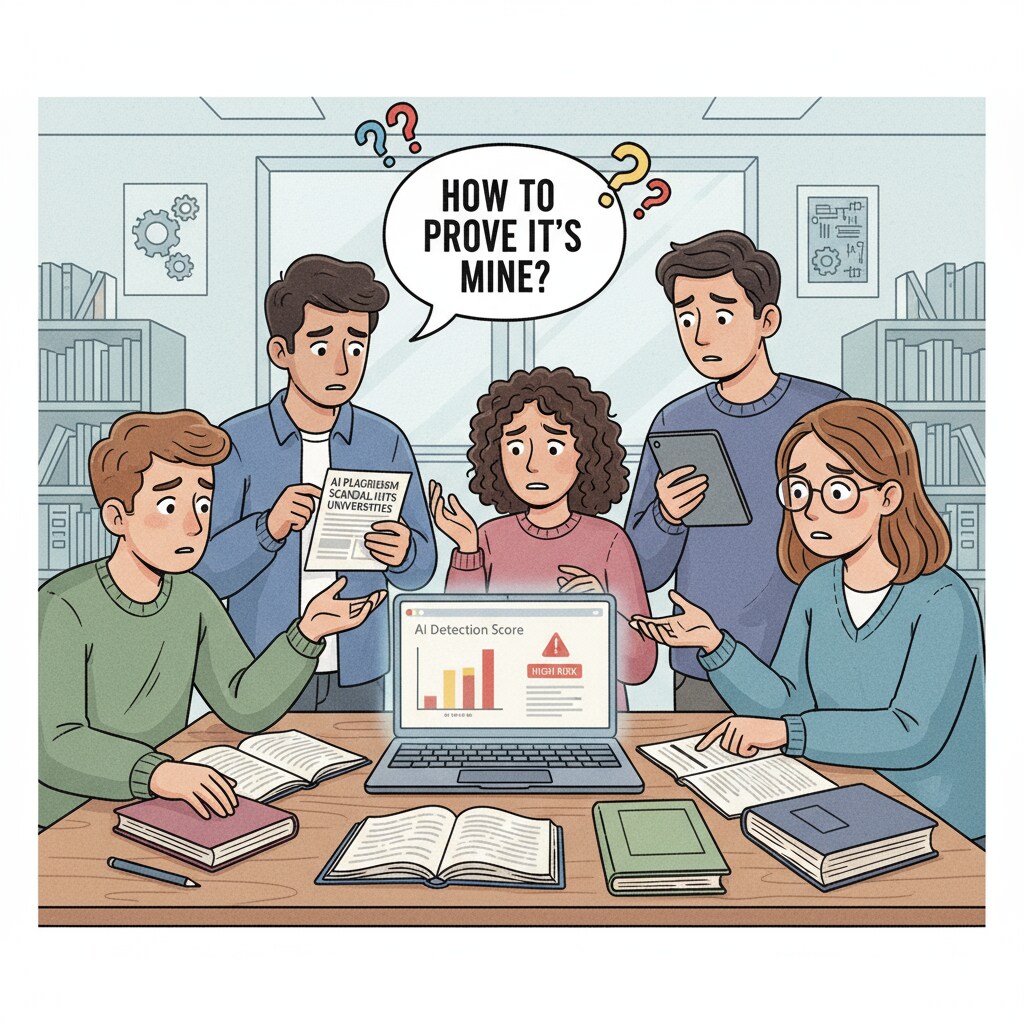In the realm of college applications, the combination of personal statements, AI detection, and the admission process has presented a new and complex challenge for K12 students. As technology advances, the use of AI detection tools has become widespread, but it has also led to the unfortunate situation of real personal statements being wrongly identified as AI-generated. This has put students in a difficult position, threatening their dreams of entering their desired colleges.

The Rise of AI Detection in College Admissions
The use of AI detection tools in college admissions has emerged as a response to the growing concern of academic integrity. Colleges are eager to ensure that the personal statements they receive are the genuine work of the applicants. These tools claim to be able to distinguish between human-written and AI-generated text. However, their accuracy is far from perfect. For example, many students with unique writing styles or those who have received extensive writing training may be wrongly flagged. According to Inside Higher Ed, the over-reliance on these tools has led to a wave of false positives.
The Impact on Students
The consequences for students whose personal statements are misjudged as AI-generated can be severe. Firstly, it can cause significant emotional distress. Months of hard work and personal expression can be dismissed in an instant. Secondly, it may lead to rejection from colleges. Admissions officers, relying on the results of AI detection tools, may overlook the true qualities and potential of these students. For instance, a student who has poured their heart into sharing their life experiences and aspirations in a personal statement may see their college dreams shattered due to a false AI detection result. The New York Times has reported several such cases.

In addition to the direct impact on individual students, this phenomenon also raises broader questions about educational fairness. Students from disadvantaged backgrounds may be more likely to be affected. They may not have access to the same resources or writing support, and thus may be more vulnerable to false AI detection. This could further widen the gap in college admissions between different social groups.
Readability guidance: The rise of AI detection in college admissions has multiple implications. It affects students directly and also touches on educational fairness. The examples and external links help to illustrate these points. Transitions like ‘however’ and ‘firstly’ are used to make the text flow smoothly.


